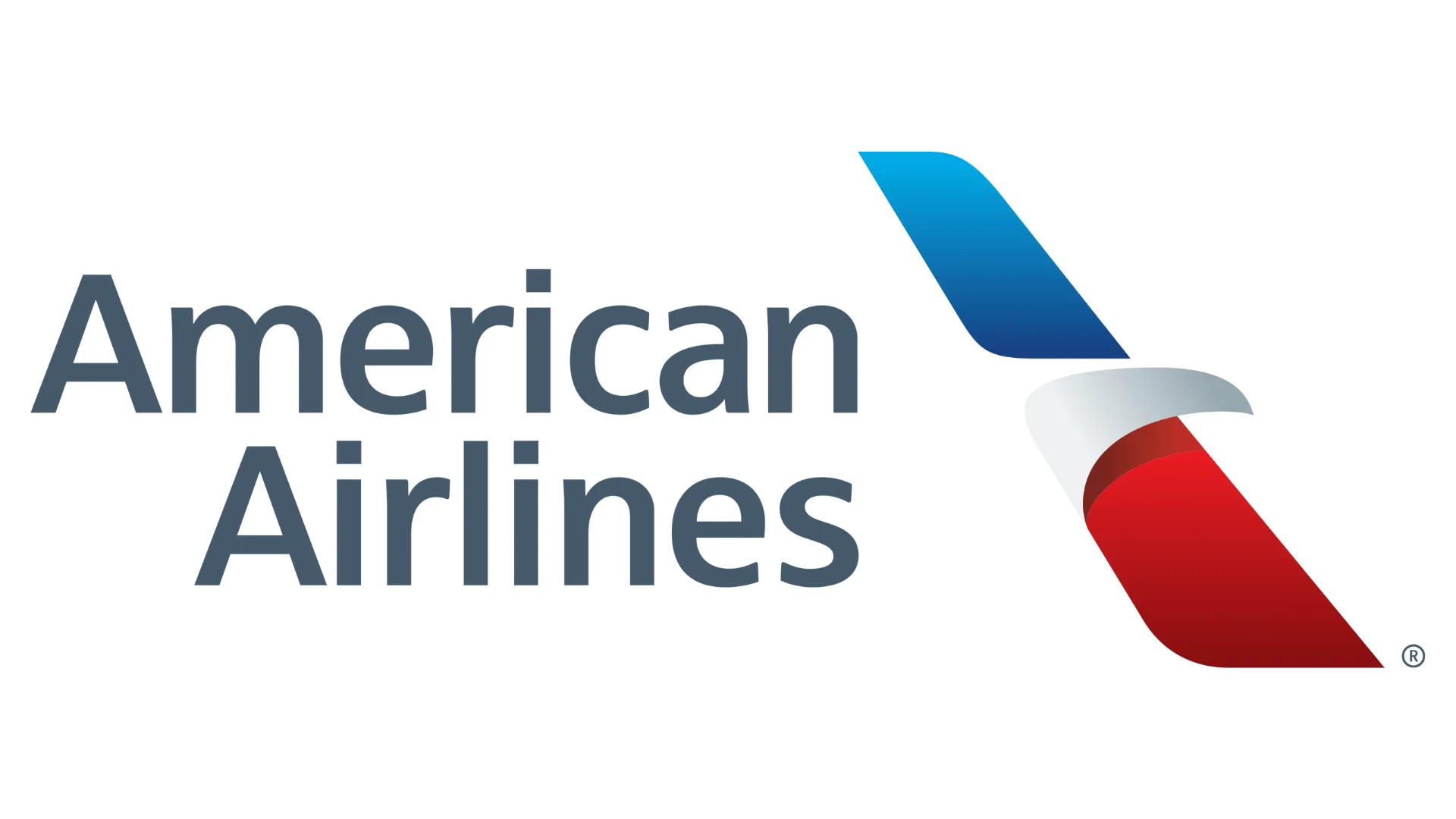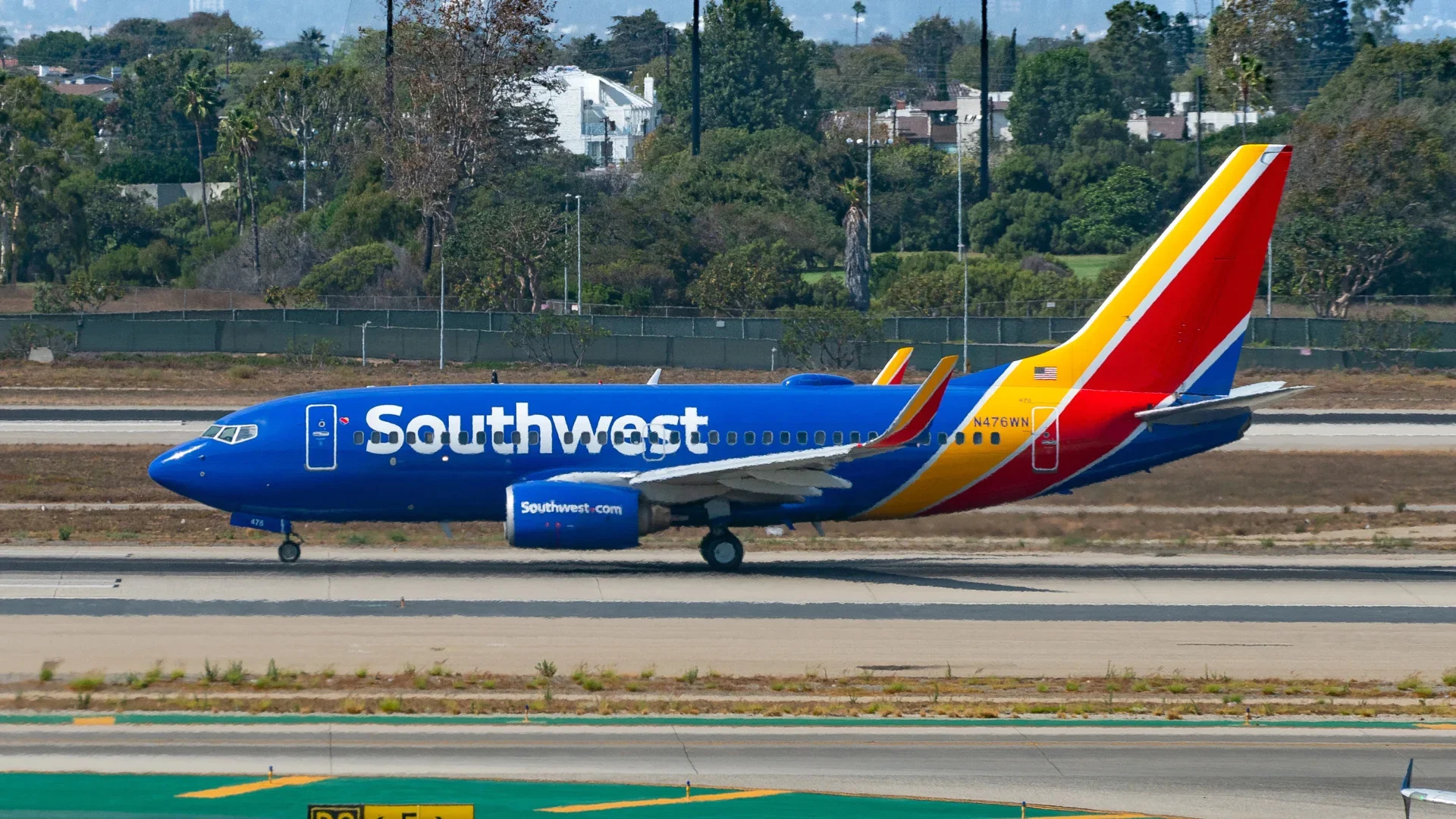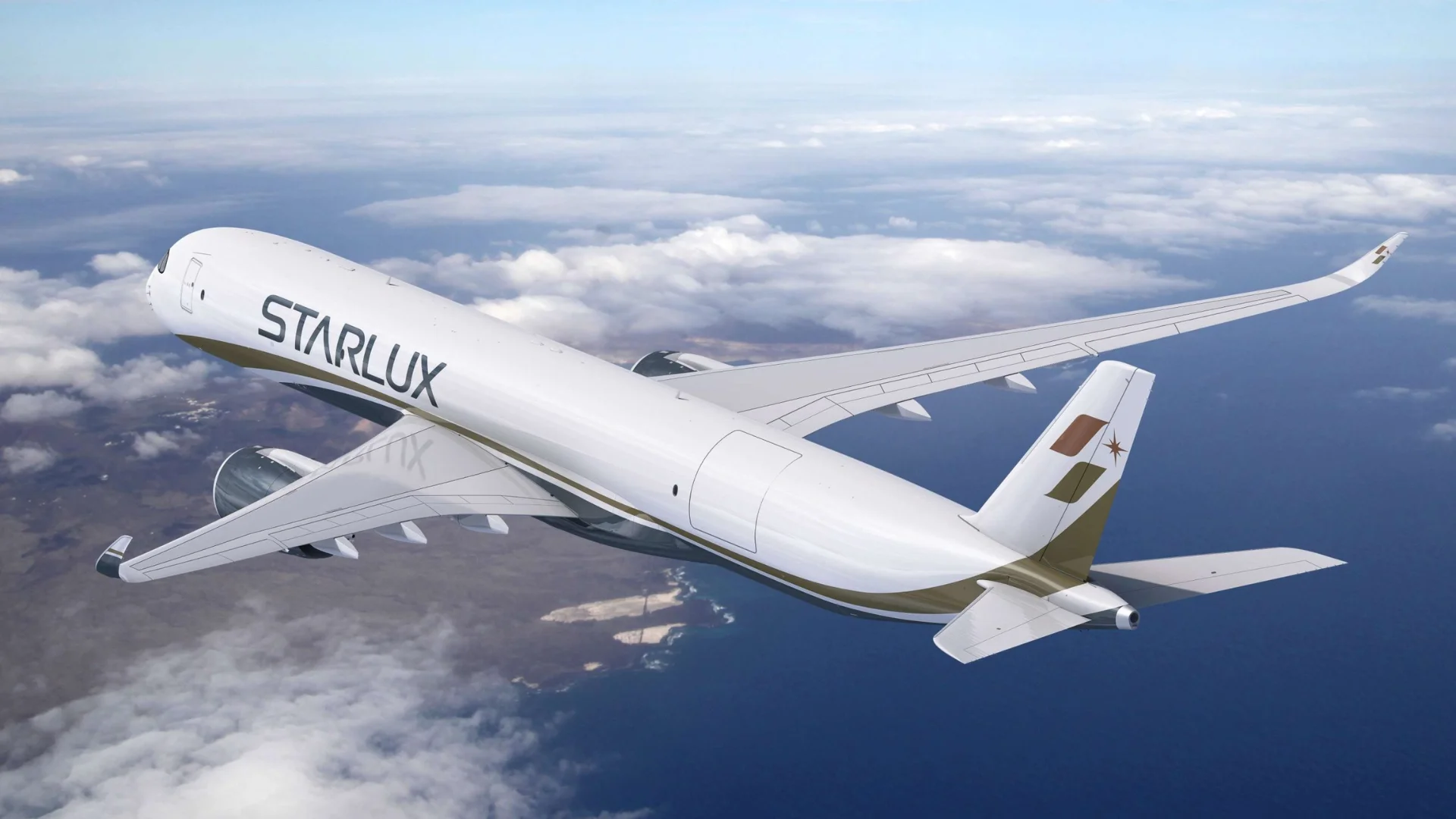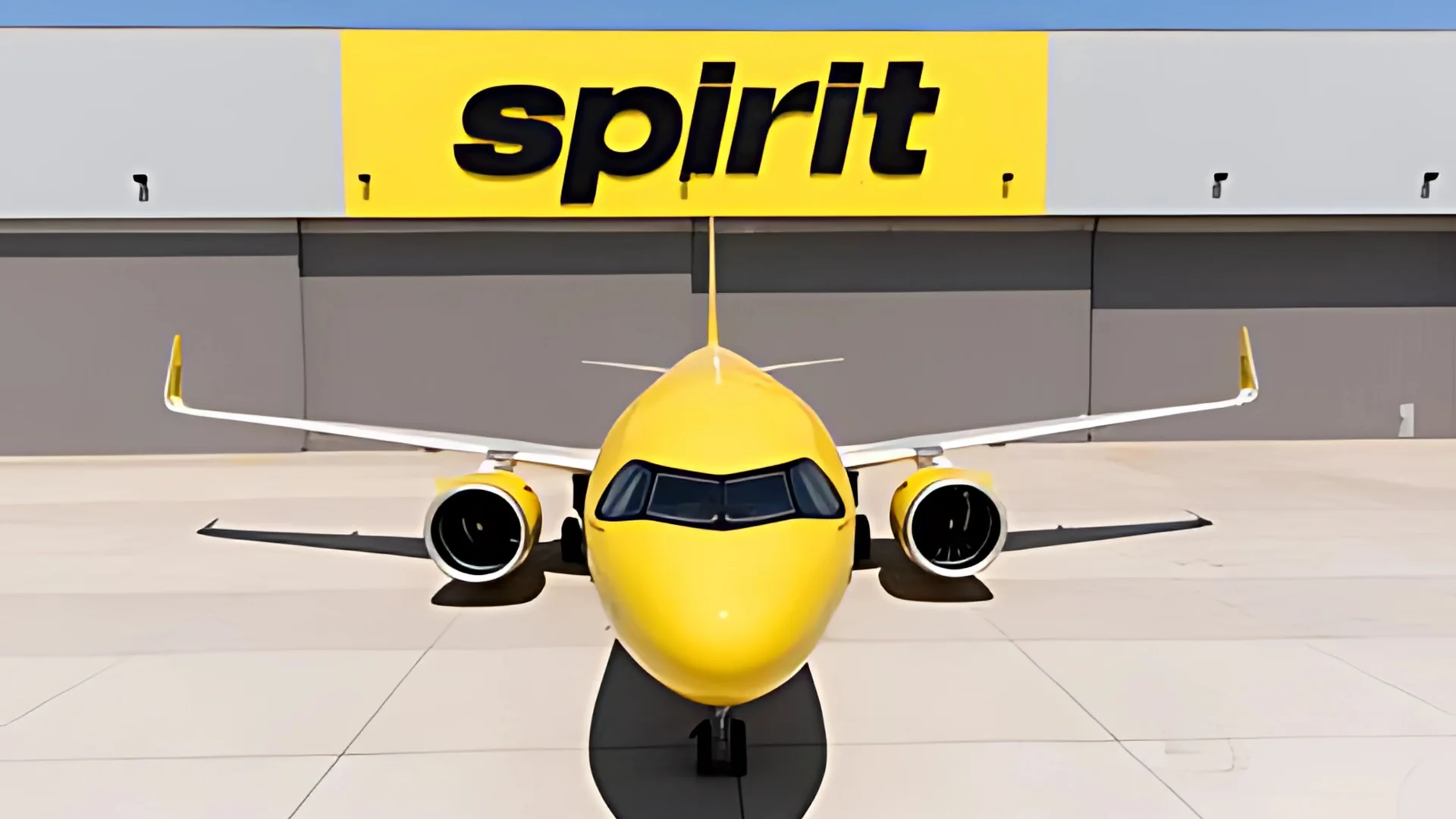Plenty of airports around the world retain their old IATA codes even after changing names. This practice extends to some railway stations as well. In the United States, several airports have obscure codes that trace back to historical reasons.
IATA airport codes are challenging to change once assigned, requiring strong justification for any alterations. A spokesperson from IATA explained, "IATA airline codes cannot be changed unless there is a strong justification for such a change. Request for changes should be made through the IATA customer portal at www.iata.org/cs with a detailed explanation on why the code needs to be changed. IATA cannot entertain requests for changes for improvement in marketing or branding of the airline."
These codes are crucial as they form an integral part of the travel industry's infrastructure and systems. As stated by IATA, "IATA Codes are an integral part of the travel industry and essential for the identification of an airline, its destinations and its traffic documents."
 Alerts Sign-up
Alerts Sign-up









